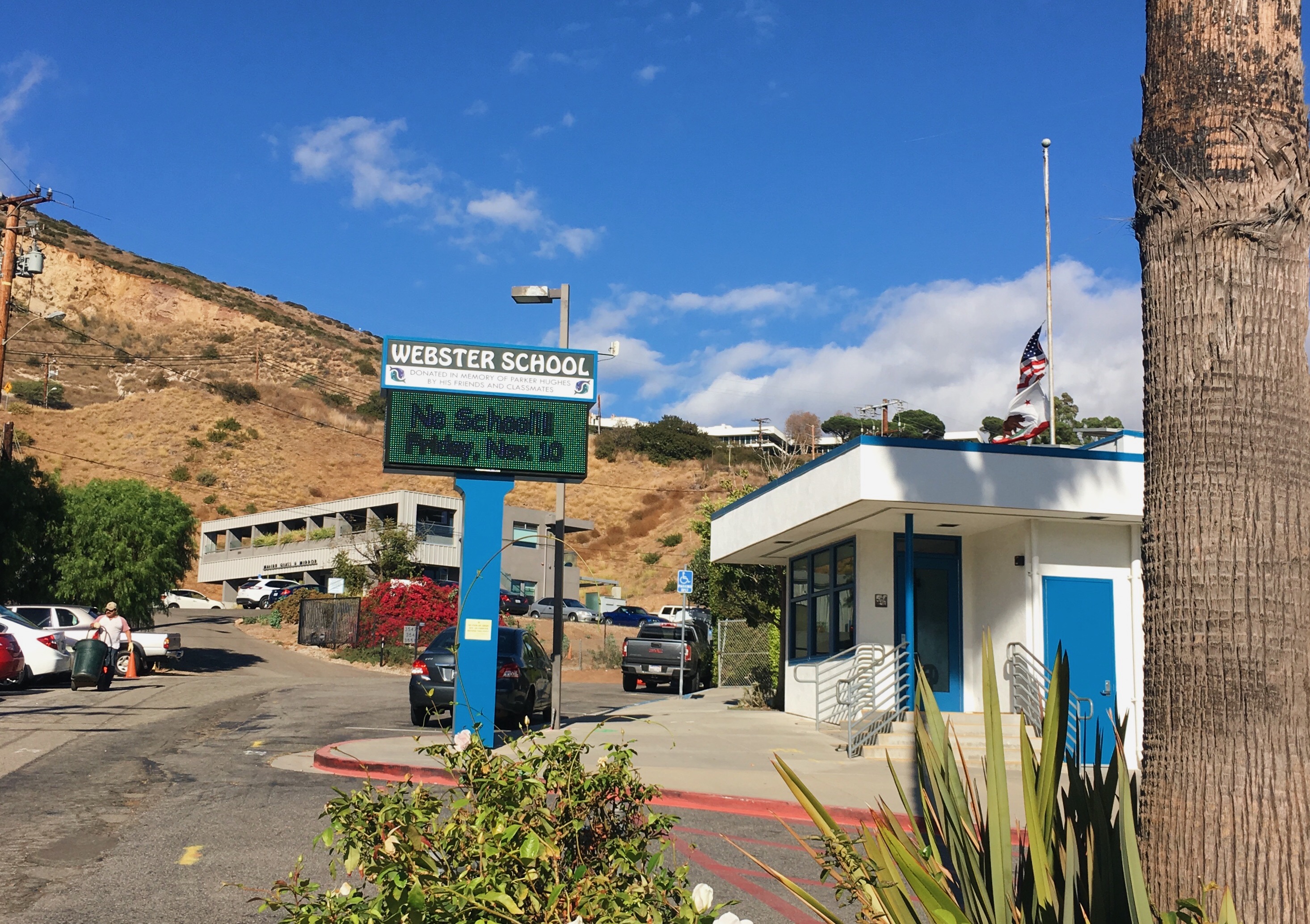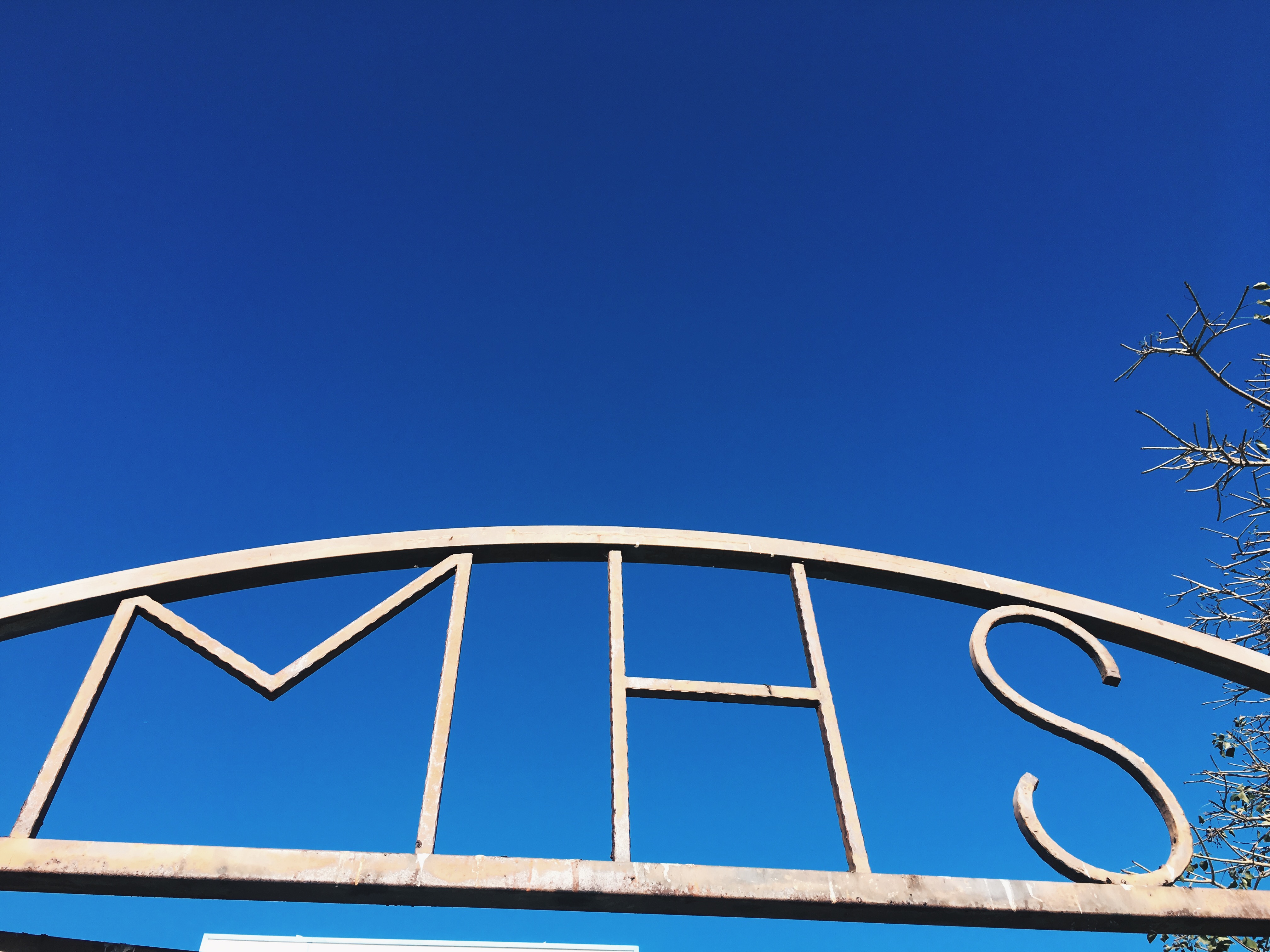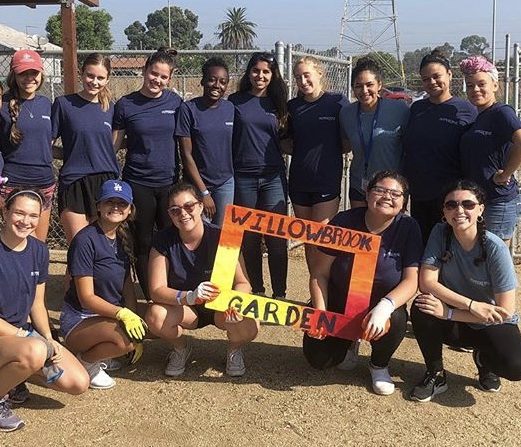
U.S. Education Secretary Betsy DeVos has proposed expanding a school-choice voucher system that can directly affect every American household, including right here in Malibu.
School choice, which is already in place in 14 states and the District of Columbia, would allow parents to choose state-sponsored scholarships to pay for their children to attend private school or be homeschooled instead of attending public schools. School choice is a polarizing issue amongst the Pepperdine community, though many faculty argued it would undermine public schools.
“Betsy DeVos has no experience in public schools,” Carrie Wall, assistant professor of teacher education, said. “She wants to take their funding and basically use vouchers for education for school choice. In so doing that, we are taking funding from our public schools and we already have an achievement gap. The rich will get richer and the poor will get more poor.”
Supporters believe school choice will revitalize education through competition.
Malibu’s education options
The Malibu area has a handful of schools, both public and private, including Webster Elementary, Malibu High School and Our Lady of Malibu. However, Malibu doesn’t have any public charter schools.
“Geographically there are limited choices regarding public schools in our area if such a policy was implemented,” Webster Elementary Principal Patrick Miller said. “From my experience at the middle and high school, many families would choose another schooling option but after a year or two would return to Malibu High.”
The benefits to school choice
DeVos thinks that this school-choice plan is “the most ambitious expansion of school choice in our nation’s history,” Lauren Camera wrote in a U.S. News article in May.
“The proposal’s aim is to empower states,” DeVos told U.S. News. “And give leaders like (Indiana’s Republican) Gov. Eric Holcomb the flexibility and opportunity to enhance the choices Indiana provides for Indiana students.”
EdChoice, a nonprofit organization in favor of school choice, writes on their website that school choice is beneficial in that it allows parents to choose the schooling system that works best for their child.
Others say that competition is ingrained in America’s culture and that school choice encourages competition that will improve education. School choice would be successful because in “the overwhelming majority of cases,” private sectors “outperform the public sector,” Corey Iacono wrote in January 2015 for The Foundation for Economic Education, a free market organization dedicated to a free society.
Further, proponents claim that due to this elevated achievement in private schools, opening up access to private schools can ensure a better quality education for more students. The Foundation for Economic Education argues greater access to private education could lead to increased college enrollment for minorities, as well as for the poor.
The downsides to school choice
Wall said school vouchers will create a gap in the American education system.
“The cultural gap will also come into play,” Wall said. “International students will have no idea where to begin. It’s a knowledge gap. It makes things worse.”
She also said charter schools aren’t the solution.
“Some charters are amazing,” Wall said. “But there is no commonality between schools, they try new innovative models so they vary a lot. There’s some really good ones, but I don’t think it will save education.”
Christopher Soper, Pepperdine political science professor, said the school-choice voucher system would stir up issues of separation of church and state, although he doesn’t believe it is a violation himself.
“It is an issue of church and state religious establishment,” Soper said. “Because the large majority of non-governmental schools have a religious orientation, a choice program that includes them would mean government money going to religious schools, and that would raise the question if public money to a religious school violates the no-establishment clause.”
Malibu schools and school choice
Many believe that Malibu residents should continue to emphasize public schools.
“I think a strength of our schools currently is that they are kind of hubs of the community,” Miller said. “I think there is a benefit to kids attending school close to where they live with neighborhood peers of all abilities and backgrounds.”
Many students think that many Malibu parents will find a way to send their kids to a private school if they so choose, no matter the politics of it.
“I think in Malibu, lots of people want to send their kids to private schools,” said Caitlin Menez, junior liberal arts and teacher education major. “But I also feel that they wouldn’t necessarily benefit from the choice because they’re already at a higher socio-economic standard.”
William Haney, Pepperdine School of Law alumni and Ventura County attorney, supports the voucher system. He believes that public schools do not provide the quality of education he would like his children to obtain.
“Public schools also now assert themselves too deeply into the affairs of families by attempting to indoctrinate children with ideas deemed antithetical to many parents,” Haney said. “Parents should have an option to choose a quality education that provides both an academic and moral foundation for their children.”
Haney said he believes Malibu parents, while tending to be wealthier, understand that money isn’t everything, and money doesn’t make a school great, its core principles do. Thereby, parents should be able to send their children to a school that they deem fit for their child.
“Many parents realize that lavish funding is not the solution to the problem with public schools,” Haney said. “Self-discipline, leadership, integrity and other core personality traits are far more important than extravagant funding.”
Faculty said they have faith in Malibu’s public schools, noting that Malibu has an easier time raising money to support education, particularly when prominent Malibu residents are involved.
“Malibu High can raise money like crazy,” Sociology Professor Robin Perrin said. “If Webster shows up with a bunch of goodies from movies stars up for auction, it’s a different gig.”
Student opinions
A Pepp Post poll of 50 students found that more students favor the idea of public funds going to public charter schools, as opposed to private secular or religious schools. Some 62 percent favored allowing public money to go to charter schools and 52 percent were OK with public money going to homeschooling. Only 28 percent were OK with public money going to private secular schools and 22 percent were OK with private religious schools.
Valerie Patenaude, a first-year psychology major, said the American education system is a public good, and any shift would change the way America envisions its schooling system.
“People who go to public schools go because it’s free education,” Patenaude said.
Menez argues that public education is a public good, and private schools are a family’s personal choice.
“I think private education is private for a reason,” Menez said. “Our tax money should be going toward public schools to support free education.”
Mary Elizabeth Salley, first-year journalism major, said school vouchers may cause public schools to lose funds. This, in turn, will cause them to weaken.
“Taking money away from more poor public schools will make them really weak,” Salley said. “There’s no way that you can take money away from those public schools and have them continue to develop.”

Pepperdine students have grown up in a variety of educational backgrounds, which impacts their opinions. Sophie Nelson, a first-year political science major, and a product of the private-school system, understands the argument in favor of school choice.
“My parents sent me to private school,” Nelson said, “so they’ve given me their perspective that it’s unfair for them to have to pay taxes for public schools if they weren’t taking advantage of the system.”
Waibel views the matter as product of public schooling as both her parents teach at public high schools. The schools they teach at are drastically different in socio-economic standings, which gives her a broad understanding of the public school system.
“As a product of the public school system, I support public schools,” Waibel said.
Faculty opinions
Many of Pepperdine’s faculty have children, so they approach the issue as parents. Perrin sent his children to Malibu public schools throughout their childhood. He thinks the public schools need to be paid more attention to so that they may grow and prosper.
“I believe in public schools,” Perrin said. “My kids went to public schools. I would like to see her taking an interest in building up our public schools.”
Pepperdine’s Jumpstart Coordinator Stacy Rouse has sent her children to public schools and agreed that while the U.S. Education system does need help, vouchers are not the right answer.
“I am against moving public money out of the public system to private institutions,” Rouse said.
Kara Tyler completed the reporting for this story under the supervision of Dr. Christina Littlefield and Dr. Theresa de los Santos in Jour 241 in fall 2017. Dr. Littlefield supervised the writing of the web story.



